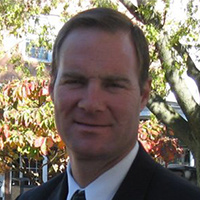Marsteller Juvenile Law Lawyer, Pennsylvania
Sponsored Law Firm
-
 x
x

Click For More Info:
-
Law Office of Mark S. Guralnick
55 Madison Avenue 4th Floor Morristown, NJ 07960» view mapCriminal Defense Law Dedicated. Fearless. Successful.
Mark S. Guralnick and his legal team have helped clients throughout the USA and across the world by applying unparalleled dedication and hard work to each case.
800-399-8371
Not enough matches for Marsteller Juvenile Law lawyer.
Below are all Marsteller Criminal lawyers.
Joseph Drew Ryan
✓ VERIFIEDJoseph Drew Ryan is a practicing lawyer in Pennsylvania handling criminal defense matters.
William A. Shaw
✓ VERIFIEDWilliam Shaw is a practicing lawyer in the state of PA handling personal injury matters.
Corey J. Riddell
✓ VERIFIEDIn 1988, Corey J Riddell received his B.A. in Political Science from Slippery Rock University and J.D. from Ohio Northern University Pettit College of... (more)
 Mark Guralnick Morristown, NJ
Mark Guralnick Morristown, NJ AboutLaw Office of Mark S. Guralnick
AboutLaw Office of Mark S. Guralnick Practice AreasExpertise
Practice AreasExpertise



